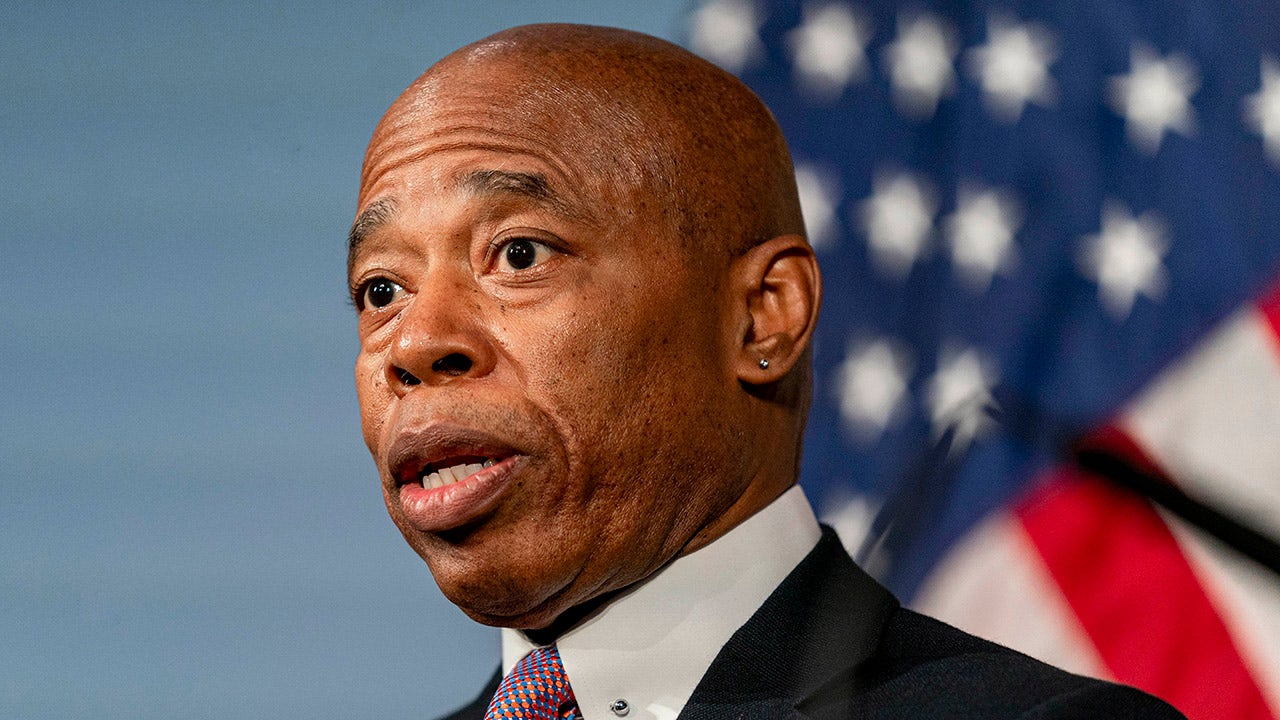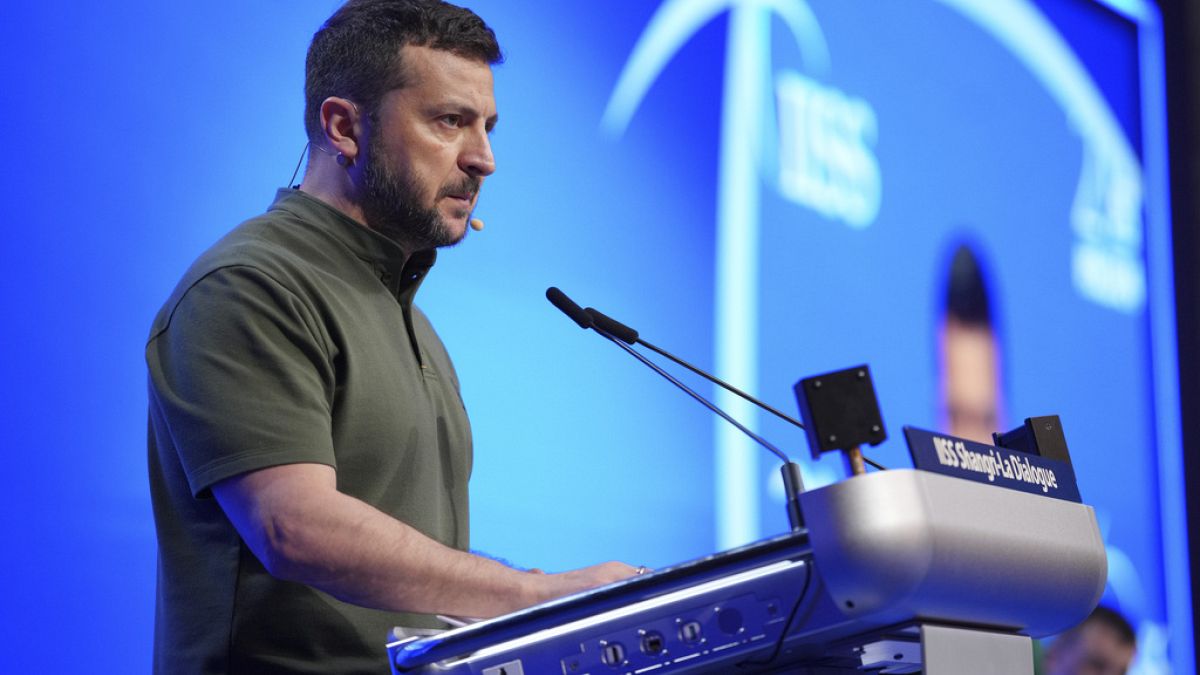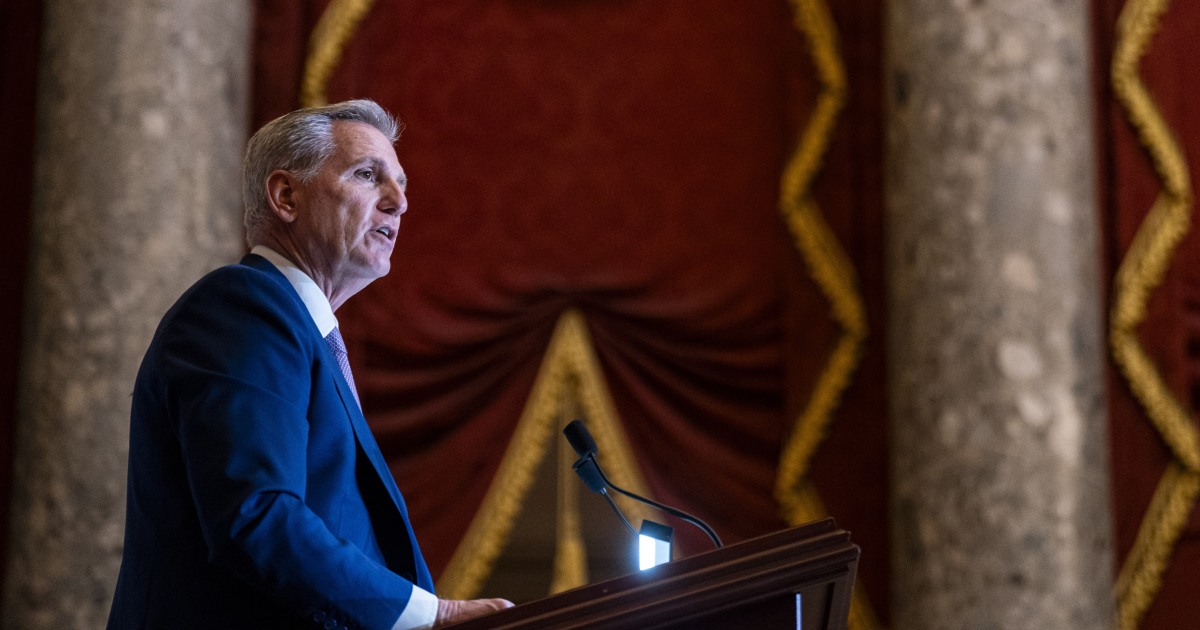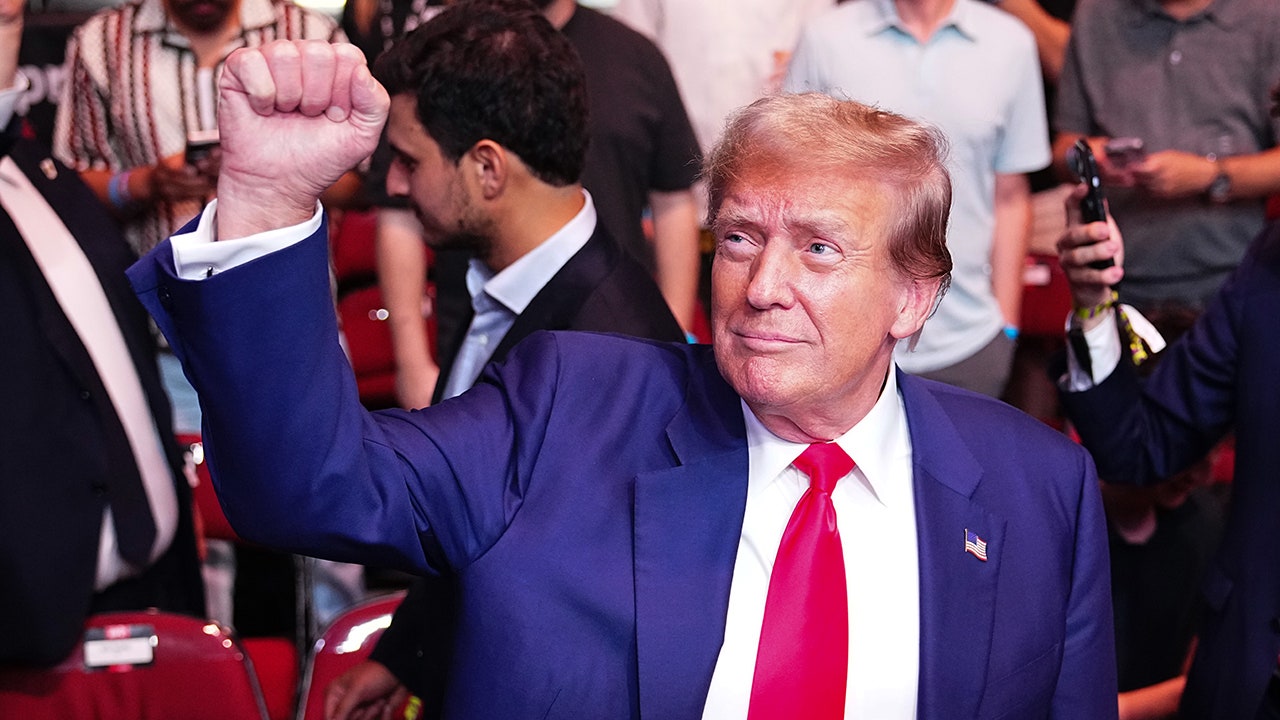Washington, D.C
Washington D.C. Democrats and pseudo-left support draconian, punitive crime bill
The Council of the District of Columbia, Washington D.C.’s local legislative body, voted on February 6 to advance the right-wing “law and order” Secure DC Omnibus Amendment Act of 2024. A final vote will take place within the next few weeks, during which more deliberations and amendments are expected to be made.
The bill combines proposals from several crime bills proposed last year, in the wake of a supposed crime wave that has hit the District. According to official figures, the city’s homicide rate has increased by 36 percent in the past year, the highest since the 1990s.
As is the case in Democratic Party-run governments at the local and national levels, rather than deal with the root social causes of crime, bourgeois politicians advocate a massive crackdown on the poorest layers of the population and criminalizing poverty.
The bill would give the chief of police the power to create temporary “drug-free zones” for a period of five days at a time. Within these drug-free zones, if the police believe a group of at least two people intend to commit a drug-related crime, they could be asked to leave or face arrest. This portion of the bill would give encouragement to police harassment against groups congregating in such zones for other reasons.
Theft for the purpose of reselling merchandise would be treated as a felony with a maximum sentence of 15 years in prison. A punitive amendment which would have reduced the threshold for first-degree theft—punishable by up to 10 years in prison—from $1,000 to $500 was deferred for the final vote.
The bill would drastically increase the length of pre-trial detention from a maximum of five days to 225 days. Furthermore, the bill would permit pre-trial detention of juveniles for many crimes, including violent crimes and certain unarmed offenses. The D.C. Jail has been cited on numerous occasions for its inhumane and downright horrific conditions.
“Every day, I hear from residents across all eight wards about the urgent need to address crime in our neighborhoods,” the bill’s sponsor, Democratic Councilwoman Brooke Pinto, declared in a press release last month. In a sham effort to provide the “law and order” bill with a popular gloss, Pinto added, “It is resoundingly clear—from residents across the District, businesses, visitors and our federal and regional partners that urgent and effective action is needed now.”
In fact, “urgent and effective action,” that is, addressing underlying issues impacting Washington D.C.’s increasingly impoverished working class, is excluded from this bill and the city’s Democratic Party establishment’s overall agenda.
Nowhere in the bill are the root causes of crime addressed—poverty and the soaring cost of living. Currently, one in seven people in the District of Columbia live below the poverty line. The National Low Income Housing Coalition has reported that D.C. has a shortage of 33,000 rental homes available for “extremely low income” renters, defined for a family of four as having an income of $41,400 or less. Seventy-three percent of people in this category spend over half their monthly income on rent.
So intense is the need for rent relief that the Emergency Rental Assistance Program established at the outset of the COVID-19 pandemic, described as a “lifeline for residents facing displacement” by Street Sense Media, was forced to stop accepting applications within hours after it came back online in early January. According to the publication, “ERAP historically runs out of money mid-year,” and has taken to opening for brief periods on a quarterly basis in order to extend the program’s funds.
The Democrats, who have long ago cast aside all pretenses of concern for the working class, have no interest in addressing these issues, instead they serve business owners and their upper-middle-class base by further marginalizing the poor.
For example, to advance the needs of big business, a homeless encampment in McPherson Square was cleared out last February, in which 70 homeless people were removed and most of their belongings destroyed, with promises to help the homeless going almost entirely unfulfilled.
Democratic Mayor Muriel Bowser recently offered $500 million in renovations to Capital One Arena in an attempt to prevent Monumental Sports and Entertainment, owner of several D.C.-area sports franchises, from moving to a potential new arena in Alexandria, Virginia. Monumental’s chairman and CEO, Ted Leonsis, has an estimated net worth of $2.8 billion.
Bowser has been offering further enticements to businesses to open up shop in D.C., offering $20 million in grants altogether in the hopes that downtown D.C., greatly affected by years of a pandemic that shows no signs of slowing, can be rejuvenated.
Several activist groups were present at the Secure DC bill’s vote to express their opposition.Tia Bell of the TRIGGER Project expressed concern that the law would ultimately hurt the neighborhoods most affected by gun violence, while others claimed that the bill’s punitive approach would disproportionately harm black residents.
Of the 13 D.C. Council members—11 Democrats and 2 independents—all but one of them voted in favor of advancement, with Ward 8 Councilman Trayon White, a Democrat, voting present. Among the council members who voted in favor are several who were endorsed either by the Democratic Socialists of America (DSA) or other pseudo-left groups.
Janeese Lewis George (Ward 4) and Zachary Parker (Ward 5), were endorsed by the DSA, while Matthew Frumin (Ward 3) and Brianne Nadeau (Ward 1) were endorsed by other “progressive” groups and the trade union bureaucracies. All voted to accept the law-and-order bill.
Frumin, in a press statement released on the day of the vote, thanked Pinto for “her leadership and hard work in introducing this bill.” Frumin offered vacuous criticism, noting that, while the bill “focused heavily on accountability and enforcement,” the Council “must be equally committed to creating hope and opportunity.”
For the DSA-endorsed Parker and Lewis George, no hint of criticism was expressed. The latter’s support came after an amendment was introduced that would “[expand] the types of criminal records eligible for sealing or expungement.” This is, of course, after the crime bill would have made possible the targeting of underage youth by the police.
Parker, who has voted to accept previous “law and order” packages in the past, did not even bother to publicly acknowledge his vote. In 2022, the Washington D.C. chapter of the DSA publicly endorsed Parker, declaring that his campaign was a “massive opportunity for the progressive left to elect an uncompromising champion for our values.”
Not content with prostituting their supposed “values,” the DSA stated their “endorsements are not just a recommendation to DSA members to vote for a particular candidate, but rather a commitment to fight to get that candidate elected.”

Washington, D.C
Teen killed in Northeast D.C. shooting, police say

D.C. police are investigating a Saturday night shooting that left a 15-year-old boy dead.
Police responded about 10:30 p.m. to reports of a shooting in the 600 block of 18th Street in Northeast Washington, officials said. They found a victim suffering from a gunshot wound, who was later taken to a hospital and pronounced dead, according to authorities.
Washington, D.C
Police investigate 4 separate overnight shootings across DC

WASHINGTON (7News) — The Metropolitan Police Department (MPD) is investigating four separate shootings across the District.
The first shooting police responded to was in the 1700 block of Gales Street, Northeast around 10:40 p.m. Saturday. Police said they found a boy unresponsive, and the homicide unit is investigating the shooting. Police are looking for a white four-door Kia sedan in connection to the shooting.
Police then responded to a shooting on the 1200 block of Sumner Road, Southeast around 11:30 p.m. Officers found a man injured from a gunshot wound and he was taken to a nearby hospital.
The next shooting happened just after midnight in the 1600 block of S Street, Southeast. A girl was found suffering from gunshot injuries. She was taken to a nearby hospital for treatment.
MPD then responded to a shooting in the 1000 block of Connecticut Avenue, Northwest around 3 a.m. Police found a man suffering from a gunshot wound, and he was taken to a local hospital to treat his injuries.
Washington, D.C
Republicans join effort to change confederate statues representing MS in Washington

Statuary Hall could have changes coming in 2025
Several Republican Mississippi lawmakers are now seeking to replace confederate statues representing the state in Washington, D.C. just weeks after Arkansas installed a statue of a civil rights activist next to Mississippi’s Jefferson Davis.
During the 2024 session, several bills were filed to either replace or establish a commission to find replacements for Davis, a U.S. Senator and most notably president of the Confederate States of America, and James Z. George, a Confederate politician, military officer and namesake of George County. However, those bills died without ever being brought up in House or Senate Rules Committees.
The statues, meanwhile, have been displayed for about 100 years in the U.S. Congress’ Statuary Hall. The Davis statue now stands adjacent to that of Arkansas’ Daisy Bates, a Black civil rights leader involved in the integration of Little Rock’s Central High School among many other efforts. The juxtaposition of thew two is notable.
House Rules Committee Chairman Fred Shanks, R-Brandon, who previously declined to comment on a related report in February, told the Clarion Ledger Tuesday he is planning to address changing the statues in the 2025 session.
More on 2024 efforts Confederate symbols removal pushed by Mississippi Democrats in State Capitol, Washington DC
“It’s a big deal, and it’s going to be an extremely hot topic,” Shanks said. “I wanted some time to look at it when we don’t have some of the other major things that impact the state going on like we did this past session.”
Senate Rules Chairman Dean Kirby, R-Pearl, did not respond to several calls and messages seeking comment, nor did House Speaker Jason White, R-West. Lt. Gov. Delbert Hosemann’s staff declined to comment.
Sen. Nicole Boyd, R-Oxford, told the Clarion Ledger she has been quietly working on this legislation for a few years, and she plans to pitch an outside group connected to tourism to lobby, advocate and spearhead efforts for replacing Davis and George with more modern historical representations of Mississippi.
“It’s not about who’s coming down. It’s about who we can put there,” Boyd said. “It’s about what are the things that we want to promote in the state that we want to use as tourism to attract people.”
Senate Minority Leader Derrick Simmons said he believes it has bipartisan support.
“Even though this effort has been laid by Democrats, Democrats and Republicans want to honor someone who is more representative of a modern day Mississippi,” Simmons, who is from Greenville, said.
Several other House and Senate Democrats had harsh words for Republican leaders waiting until now just to address the statues.
“It shows that the leadership of those various committees had the opportunity to review that legislation but turned their eye and turned away from doing what’s right,” Rep. Chris Bell, D-Jackson, said.
Sen. David Blount, D-Jackson, said the state can simply do better than have Davis and George representing the state in the Capitol.
“I anticipate that we will file this bill again. It sets up a commission to study who best represents Mississippi,” he said. “There are any number of controversial subjects that go to the Rules Committee and (it’s) generally not the place for controversial topics, and I understand that, but this is important.”
What is Statuary Hall, and who is Daisy Bates?
Statuary Hall was established in the U.S. Congress’ Capitol building in 1807, but it was destroyed by British troops in 1814. The hall, along with the Capitol, was rebuilt a few years later.
Over the many years, states have submitted so many statues that the Architect of the Capitol has had to display several in other places around the capitol building. Mississippi is also one of only a few states with confederate statues still in the building. Arkansas, a previous member of that list, voted to change its statue in 2019.
Since 2000, 17 states have changed their statues, according to congressional records, and some Southern states have or are replacing Confederate people with modern historical figures, civil rights activist and even prominent Native Americans. Arkansas now has Bates; Virginia has Barbara Johns, and Florida now has Mary McLeod Bethune, one of the most important Black educators of the 20th century.
According to the National Women’s History Museum, Bates was a prominent civil rights activist in Little Rock Arkansas. Throughout the 1900s, she helped lead a popular newspaper, The Arkansas Weekly, served as the President of the NAACP Arkansas chapter and pushed the state’s schools to integrate after the U.S. Supreme Court deemed segregation unconstitutional in 1954.
She was widely known for her efforts with the Arkansas Nine, a group of nine students she regularly drove and assisted to integrate Central High School in Little Rock.
“She regularly drove the students to school and worked tirelessly to ensure they were protected from violent crowds. She also advised the group and even joined the school’s parent organization,” the Museum wrote about her.
The Arkansas NAACP chapter, nor the chapter representing her native Union County, responded to several calls or messages asking for comment on Bates or her statue’s placement in Congress.
How to replace a statue, who is being considered?
Boyd said that even if the Legislature approves replacing Davis and George, it will need approval from a congressional committee, and locations to move the two existing statues will need to be submitted and approved as well.
All the costs associated with removing the old statues and the construction and installation of the new statues would be put on the state.
Sen. John Horhn, D-Jackson, who spoke to the Clarion Ledger earlier this year, floated rock’n’roll legend Elvis Presley and Blues icon B.B. King. Another name suggested by Democrats was famous civil rights leader Fannie Lou Hamer.
Read about Tunica Casino project See which former Mississippi casino could house undocumented immigrant children
Grant McLaughlin covers state government for the Clarion Ledger. He can be reached at gmclaughlin@gannett.com or 972-571-2335.
-

 News1 week ago
News1 week agoRead the I.C.J. Ruling on Israel’s Rafah Offensive
-

 News1 week ago
News1 week agoVideo: Protesters Take Over U.C.L.A. Building
-

 World1 week ago
World1 week agoHoping to pave pathway to peace, Norway to recognise Palestinian statehood
-

 News1 week ago
News1 week agoLegendary U.S. World War II submarine located 3,000 feet underwater off the Philippines
-

 World1 week ago
World1 week agoFamilies of Uvalde school shooting victims sue Microsoft, Meta and gunmaker
-
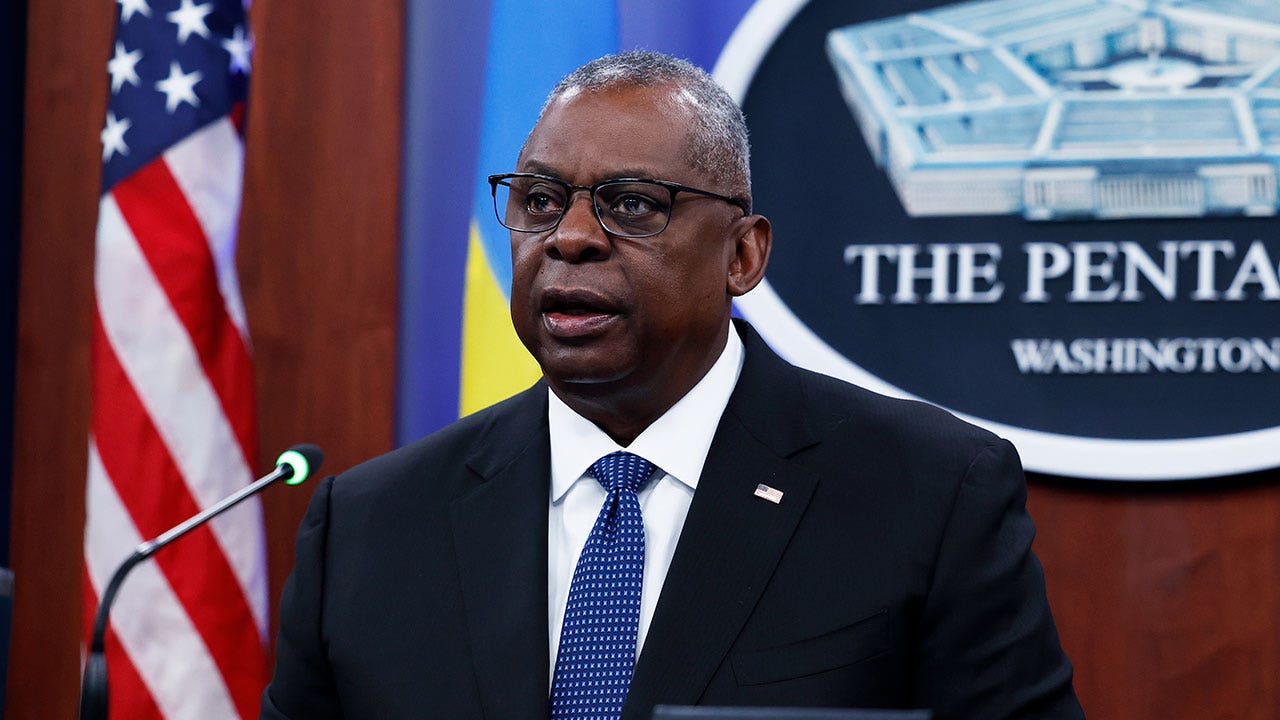
 Politics1 week ago
Politics1 week agoDefense Secretary Lloyd Austin to undergo nonsurgical procedure, Deputy Kathleen Hicks will assume control
-

 Politics1 week ago
Politics1 week agoHunter Biden attends pre-trial hearing in Delaware court on federal gun charges
-

 News1 week ago
News1 week agoHere are three possible outcomes in the Trump hush money trial : Consider This from NPR














